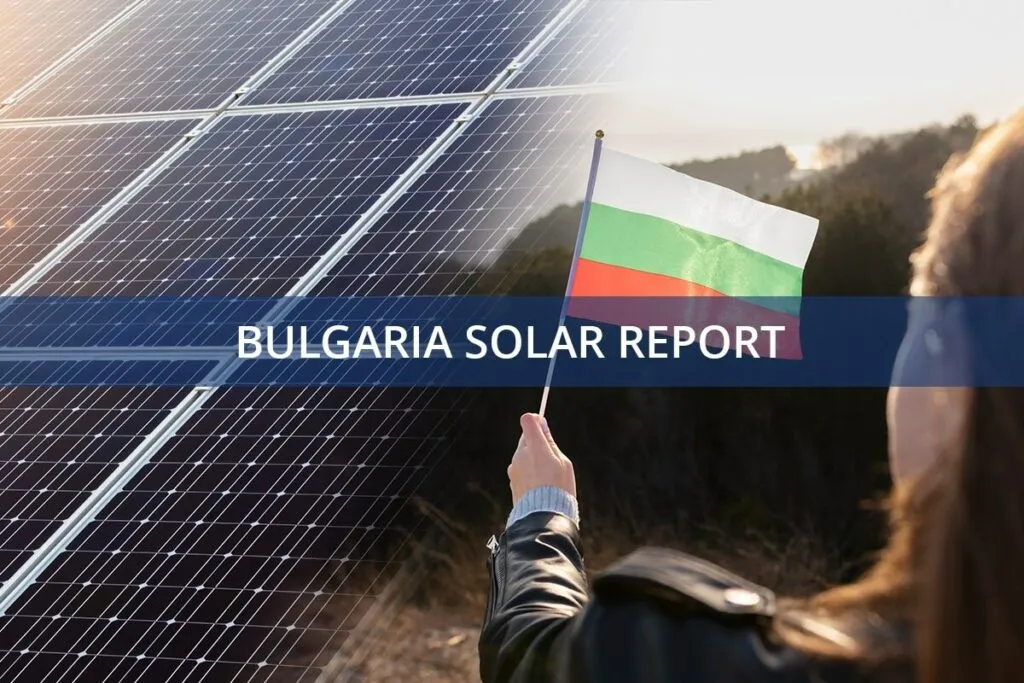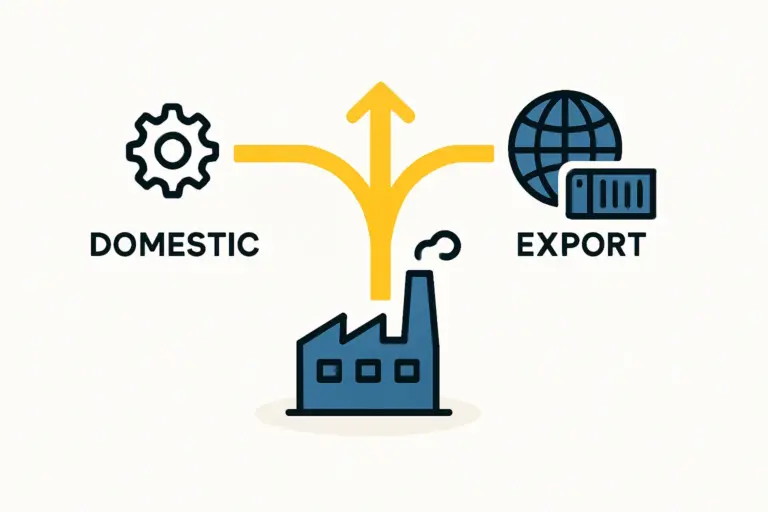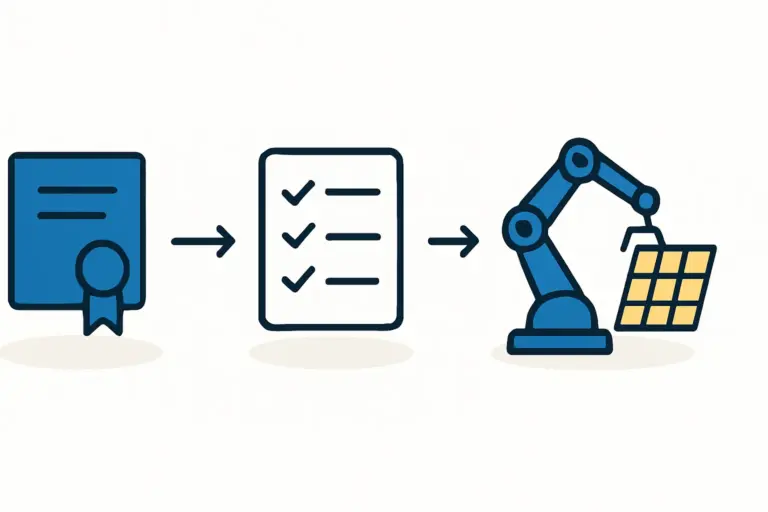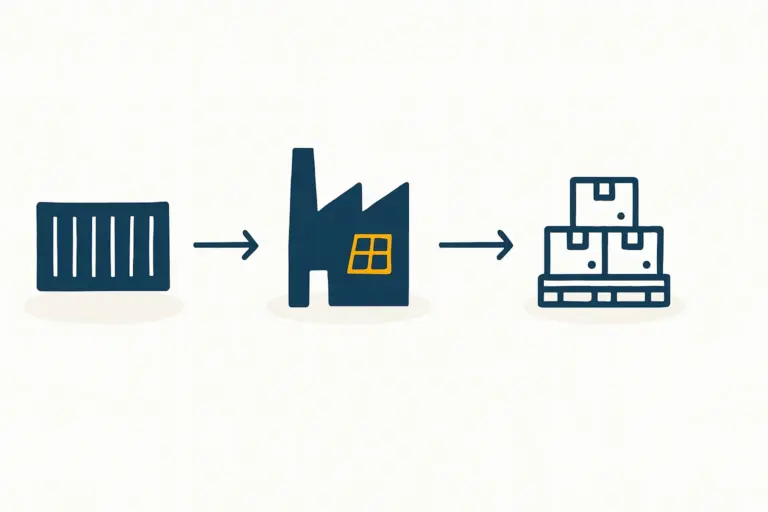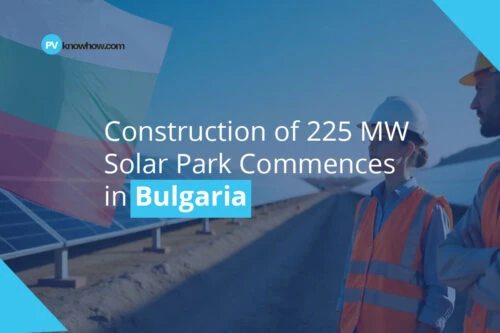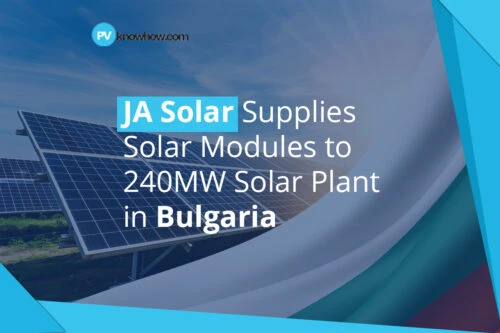An entrepreneur sees a compelling opportunity: establishing a manufacturing facility in the European Union to serve its vast, tariff-free market. Their search leads them to Bulgaria, a country offering the EU’s lowest corporate tax rate, competitive labor costs, and a strategic geographic position.
While the potential is clear, the path forward is often uncertain. How does an investor navigate the complex web of permits, environmental regulations, and construction laws in a foreign jurisdiction? It’s a common hurdle for those looking to capitalize on Bulgaria’s advantages without prior experience in the region.
This guide offers a structured overview of the permitting and regulatory process for establishing a manufacturing plant in Bulgaria. Designed for international business professionals—especially those in the solar industry—it outlines the necessary steps from initial company registration to final operational approval.
Table of Contents
Why Consider Bulgaria? A Strategic Business Environment
Before diving into the procedural steps, it’s helpful to understand the business case for selecting Bulgaria. The country’s primary attractions for foreign industrial investors include:
- EU Market Access: As a full member of the European Union, Bulgaria offers unrestricted, tariff-free access to the entire EU single market.
- Favorable Tax Regime: A flat 10% corporate income tax rate, one of the most competitive in Europe, maximizes profit retention.
- Strategic Location: Situated at the crossroads of Europe and Asia, Bulgaria provides excellent logistical connections through its Black Sea ports, the Danube River, and extensive road and rail networks.
- Skilled and Cost-Effective Labor: The country has a skilled workforce, particularly in engineering and technical fields, at labor costs that are significantly lower than in Western Europe.
These factors create a strong foundation for a manufacturing enterprise. Realizing this potential, however, depends entirely on successfully navigating the country’s administrative and legal framework.
The Regulatory Roadmap: A Phased Approach
Establishing a factory in Bulgaria is a sequential process overseen by various national and municipal bodies. This journey requires a methodical approach, best divided into three main phases.
Phase 1: Corporate and Legal Foundation
The first step is establishing a legal entity within Bulgaria. This entity serves as the corporate vehicle for all subsequent activities, from land acquisition and contracts to permit applications.
- Company Registration: Most foreign investors opt to register a Limited Liability Company (OOD for multiple shareholders or EOOD for a single shareholder). The process is relatively straightforward and can often be handled remotely through a local legal representative. Key requirements include drafting articles of association, appointing a manager, and depositing initial share capital.
- Securing a Bulgarian Bank Account: A corporate bank account is mandatory for company registration and essential for all future financial transactions.
Phase 2: Site Selection and Due Diligence
The choice of location is a critical decision with a direct impact on logistics, labor access, and the permitting timeline.
- The Importance of Land Zoning: Bulgarian law strictly regulates land use. A prospective site must be properly zoned for ‘industrial construction.’ Acquiring agricultural land with the intent to re-zone it is a complex, expensive, and time-consuming process that can take years and is not guaranteed to succeed. Thorough due diligence to confirm a property’s current zoning status before acquisition is paramount.
- Industrial Zones: Bulgaria has numerous established industrial zones that offer pre-zoned land with existing infrastructure (roads, electricity, water, gas). Locating a plant within one of these zones can significantly streamline the setup process.
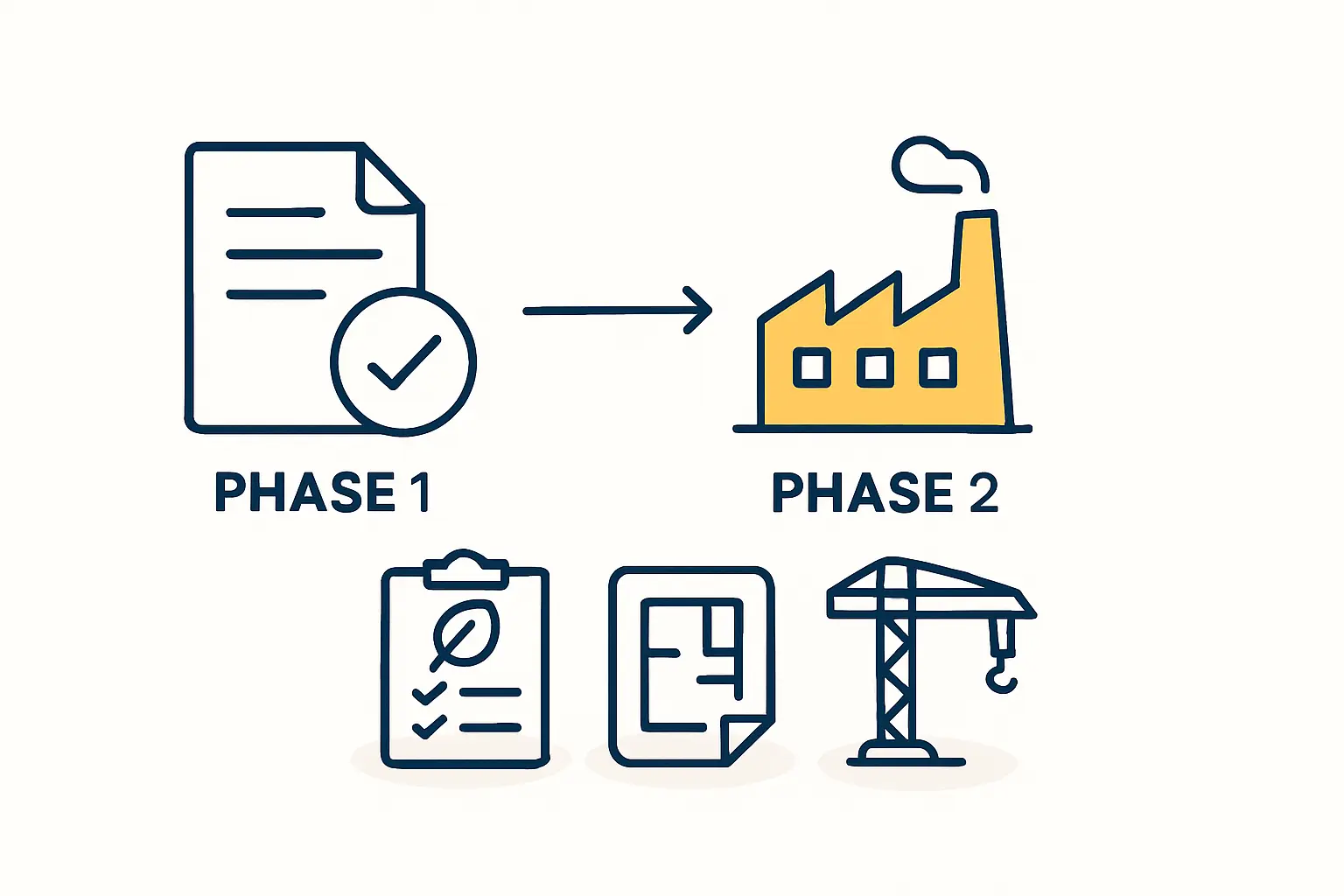
Phase 3: The Core Permitting Process
With a legal entity and a suitable site, the project enters the main permitting stage. This phase involves coordinating with multiple government bodies and is often the most time-consuming part of the project.
The Investment Certificate (Optional but Recommended)
For significant investments, applying for an Investment Certificate from the InvestBulgaria Agency (IBA) is highly advisable. A ‘Class A’ certificate, typically granted for larger investments, offers several key benefits:
- Administrative Support: The IBA can facilitate interactions with other government ministries.
- Faster Processing: Certificate holders may benefit from shortened administrative timelines.
- Potential Incentives: Access to financial incentives, such as support for infrastructure development or training costs, may be available.
The Environmental Impact Assessment (EIA)
The EIA is a critical and often lengthy milestone, overseen by the Ministry of Environment and Water (MoEW) or its regional inspectorates. For a new photovoltaic factory, an EIA is almost always mandatory. The process involves:
- Notification: Officially notifying the competent authorities of the investment proposal.
- Scope and Assessment: The environmental authorities determine the scope of the required assessment, which involves detailed studies on potential impacts on air, water, soil, and local communities.
- Public Consultation: The EIA report is made available for public review and comment, which can include public hearings.
- Final Decision: The MoEW issues a final decision approving or rejecting the project on environmental grounds. Realistically, this process can take 6 to 12 months, and sometimes longer for complex projects. A successful EIA decision is a prerequisite for obtaining a construction permit.
A well-prepared EIA application, grounded in solid technical data, is crucial. This is a core component of any robust solar module manufacturing business plan.
The Construction Permit
Once the EIA is approved and the land title is secured, the investor can apply for a construction permit from the relevant municipal authority. This requires a complete set of architectural and technical designs prepared by licensed Bulgarian architects and engineers. The designs must comply with all national building codes, fire safety standards, and health regulations.
Once these designs are approved, the municipality issues the permit, clearing the way for construction to begin. Upon completion of construction, the building must pass a final inspection to receive an ‘Act 16’ certificate, which confirms its fitness for use and allows the plant to become operational.
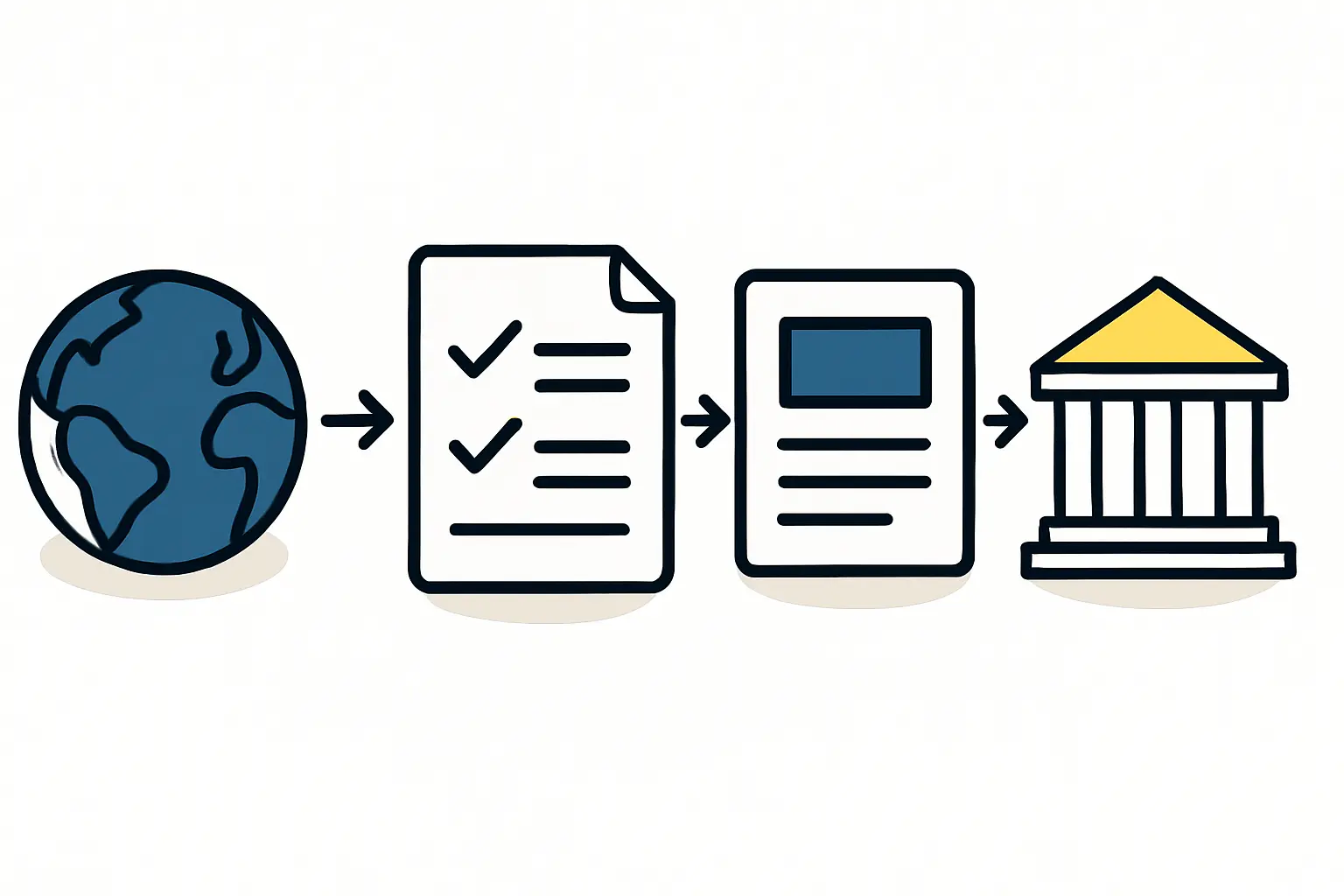
Common Challenges and Strategic Considerations
Based on the experience of J.v.G. Technology GmbH in managing international projects, foreign investors often face several common hurdles:
- Bureaucratic Delays: Administrative processes can be slow, making it essential to build buffer time into the project schedule.
- Navigating Multiple Authorities: The process requires coordination between national bodies (like the MoEW and IBA) and local municipal authorities, each with its own procedures.
- The Need for Local Expertise: Successfully navigating the legal, technical, and administrative systems in Bulgaria requires experienced local partners. A reliable legal firm, a licensed architect, and a technical consultant with on-the-ground experience are not luxuries but necessities.
For entrepreneurs planning the factory itself, considering turnkey PV module production lines can simplify the technical aspects of the project, allowing management to focus on navigating these regulatory complexities.
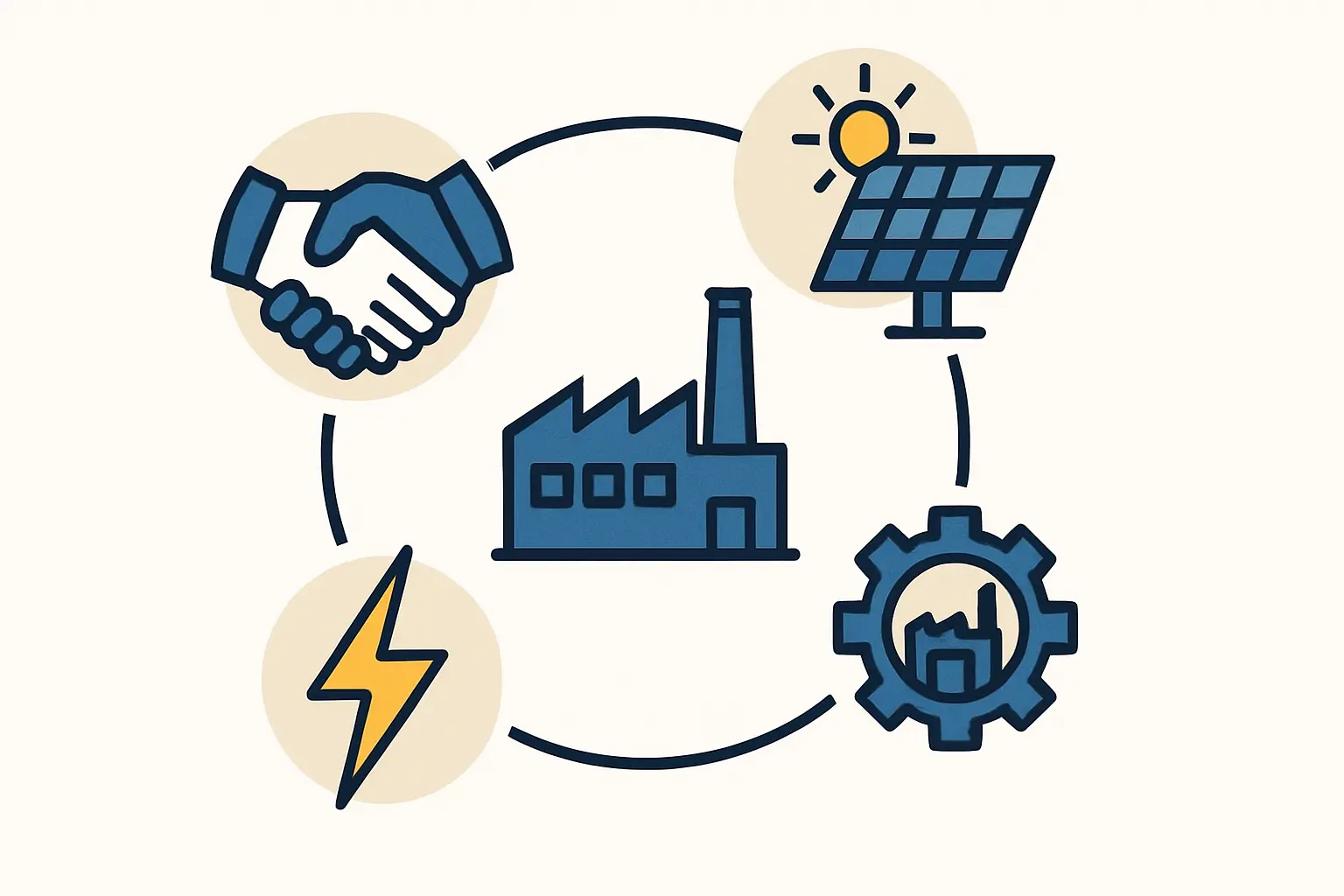
Frequently Asked Questions (FAQ)
Q: How long does the entire permitting process typically take?
A: A realistic timeline from company registration to the start of construction is 12 to 18 months, with the EIA being the most variable and time-consuming stage. Rushing the process is not advisable.
Q: Is a local Bulgarian partner required for a foreign investor?
A: While a local business partner is not legally required, retaining local legal, architectural, and consulting professionals is essential for navigating the administrative landscape.
Q: What is a typical investment level to receive a Class A Investment Certificate?
A: Thresholds are subject to change, but historically, investments in the range of several million Euros have been required to qualify for the highest class of certificate. Consulting directly with the InvestBulgaria Agency for current requirements is recommended.
Q: Can the initial stages, like company registration, be managed remotely?
A: Yes, with a power of attorney granted to a local law firm, the company registration and several other preliminary steps can be completed without the investor being physically present in Bulgaria.
Q: Do these regulatory steps significantly increase the overall cost to start a solar panel factory?
A: The direct government fees for permits are generally reasonable. The main expenses stem from professional services (legal, design, environmental consulting) and the potential cost of delays if the process is not managed efficiently. These should be factored into the initial project budget.
Next Steps for the Prudent Investor
Establishing a manufacturing plant in Bulgaria offers significant strategic advantages. The path forward, however, is highly structured and requires meticulous planning and execution.
The key to success lies in understanding the sequential nature of the process, anticipating potential bottlenecks like the Environmental Impact Assessment, and engaging qualified local expertise from the outset.
For entrepreneurs at the beginning of this journey, the logical next step is to develop a comprehensive feasibility study and business plan that incorporates a detailed timeline and budget for this regulatory pathway. A clear understanding of these requirements is the foundation upon which a successful industrial venture in Bulgaria is built.

